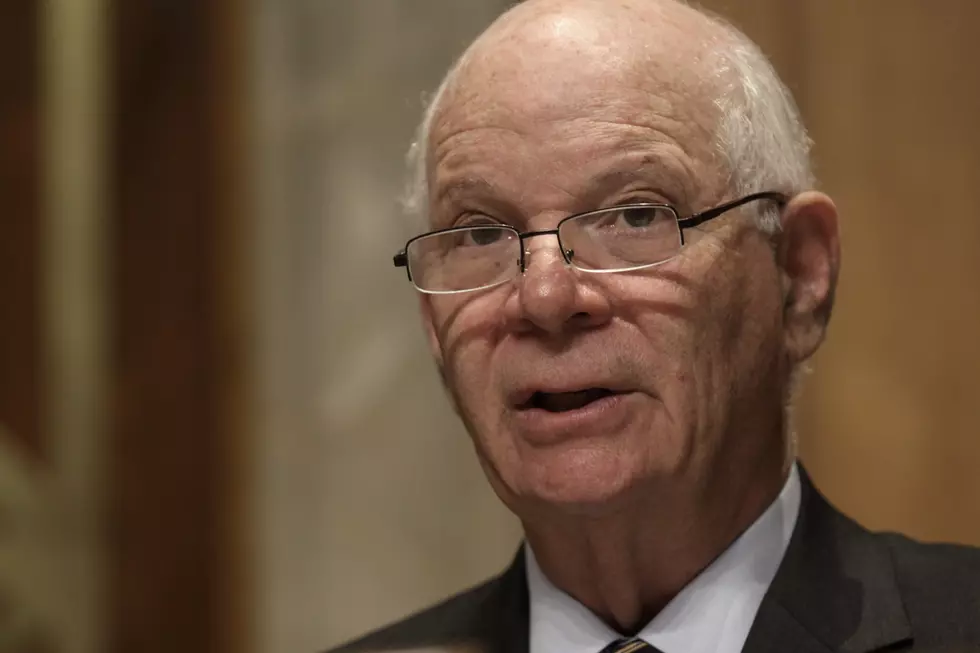
Veto struggle with Congress possible over Iran nuclear deal
WASHINGTON (AP) -- The Republican-controlled Congress can't block the complex nuclear agreement the Obama administration announced with Iran on Tuesday, but a veto struggle is a virtual certainty as lawmakers try to undermine the deal by insisting that numerous sanctions remain in place.
"I think he's going to be working hard to get 34 votes," Senate Majority Leader Mitch McConnell said of the coming struggle, referring to the support President Barack Obama would need to sustain a veto.
One Democrat, California Sen. Dianne Feinstein, predicted Obama will prevail. "I just don't think" that two-thirds of the Senate will override his objections, she said.
A law that Obama signed earlier this year gives him five days to submit the agreement to Congress for review. It also provides for a condensed, 60-day period for Congress to hold hearings and consider legislation that would bar him from lifting sanctions that lawmakers have enacted in recent years.
Republicans and Democrats both noted the measure would be subject to a 60-vote requirement in the Senate. The GOP holds 54 seats, meaning party leaders would need the votes of at least six Democrats to pass the legislation, technically known as a resolution of disapproval.
Obama has already said he'll veto any legislation to leave sanctions in place. A two-thirds majority in each house would be required to override him. As an example, that means the administration would be assured of prevailing if it could hold the votes of 34 Democrats in the Senate.
A close vote on overriding a veto is likely, and Obama's hopes would rest in part on the views of Democrats with close ties to Israel, which vehemently opposes the lifting of any sanctions. Among them is Sen. Charles Schumer of New York, a member of the leadership, who issued a non-committal statement saying he would "carefully study the agreement before making an informed decision."
Overwhelming Republican opposition is likely.
"It's going to hand a dangerous regime billions of dollars in sanctions relief while paving the way for a nuclear Iran," House Speaker John Boehner, R-Ohio, said of the deal.
At its core, the agreement the United States and other world powers struck with Iran would lift crippling economic sanctions in exchange for concessions designed to curb Tehran's nuclear program and prevent it from acquiring an atomic weapon.
Until work is finished on legislation to disapprove the deal, Obama is prohibited by law from waiving or suspending any of the sanctions that Congress has previously voted to apply against Iran.
He is free to lift other measures that he or former presidents have put into place on their own, but Iran could then presumably say the international agreement had been violated.
According to the Treasury Department, some sanctions have been in place for decades, including an import embargo on Iranian-origin goods and services imposed by President Ronald Reagan in 1987.
The struggle in Congress over the nuclear deal is unlikely to be the final political battle, with the issue all but certain to reverberate into the 2016 presidential election.
Democratic presidential hopeful Hillary Rodham Clinton called the agreement an "important step." The former secretary of state said it would end up "putting the lid on Iran's nuclear program."
Most if not all Republican presidential hopefuls are likely to oppose it.
One, Wisconsin Gov. Scott Walker, issued a statement saying that "Iran's Supreme Leader should know that a future American president will not be bound by this diplomatic retreat."
(Copyright 2015 The Associated Press. All rights reserved. This material may not be published, broadcast, rewritten or redistributed.)
More From New Jersey 101.5 FM









